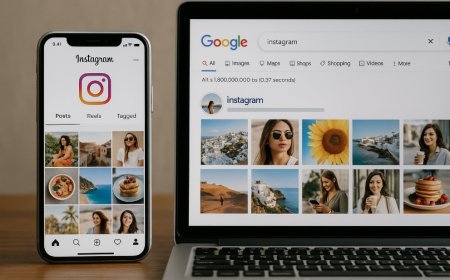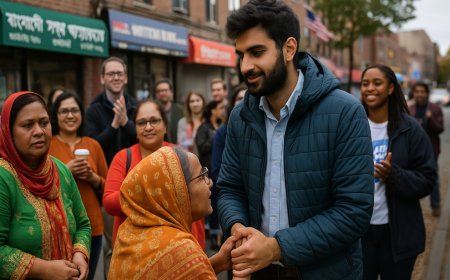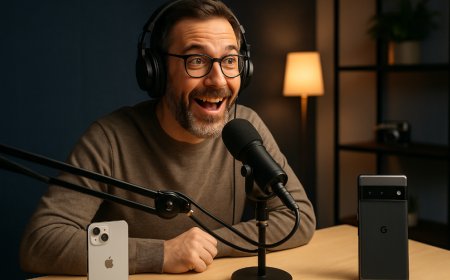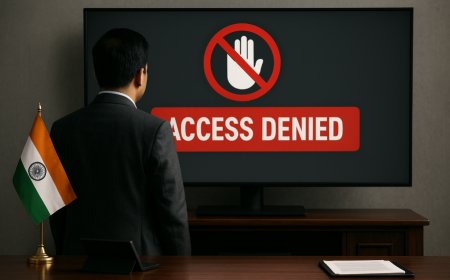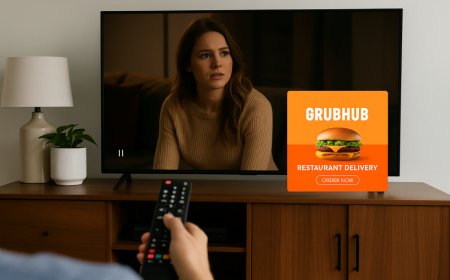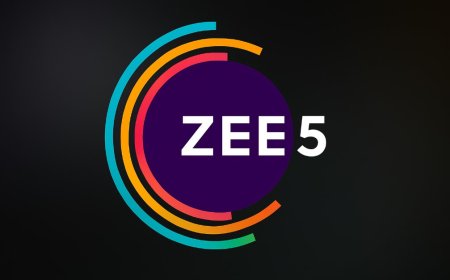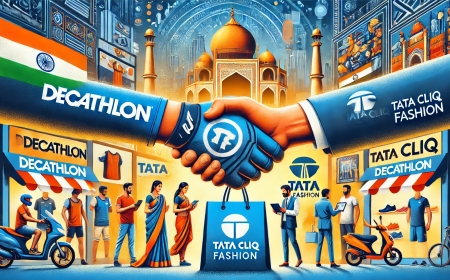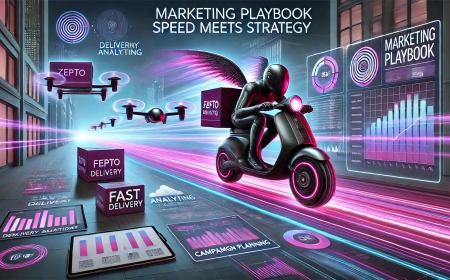Lenovo Levels Up Marketing: Undercover Agents Convince Gamers to Upgrade Laptops in Immersive Gaming Campaign
Lenovo and Leo Burnett India launch a thrilling undercover mission where real gamers unknowingly play with covert agents encouraging them to upgrade their laptops. A campaign that blends marketing with gameplay immersion.
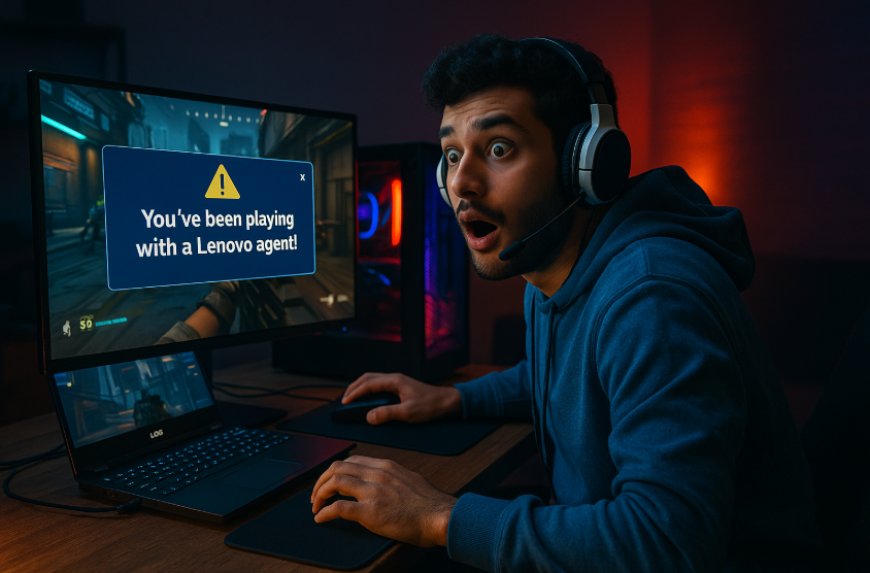
Introduction: When Your Teammate Is an Undercover Agent… for Lenovo
What if the person you're teaming up with in a game is secretly working for a brand?
That’s exactly what Lenovo and Leo Burnett India pulled off in their newest campaign for the Lenovo LOQ gaming laptop series. Instead of running a traditional ad, the tech giant turned to an immersive in-game experience—placing undercover agents inside actual gameplay to promote the idea of upgrading to better gaming laptops.
The result? A unique, first-of-its-kind campaign that blurred the lines between fun, fiction, and functional brand messaging.
The Campaign Concept: Going Undercover in the Gaming Universe
Lenovo’s goal was simple yet challenging—how do you speak to hardcore gamers, a group that usually skips ads and knows their hardware?
The solution was stealth marketing in its purest form.
The campaign introduced real undercover agents into popular multiplayer games. These agents joined random gamers in live matches and began subtly highlighting the limitations of their teammates' old laptops—slow load times, lag, crashes, and low performance.
But here’s the twist: the agents didn’t just complain—they showed how upgrading to Lenovo LOQ could change the game. Literally.
Execution: A Real-Time Mission with Real Gamers
The campaign unfolded like a covert operation. Gamers joined what they believed were normal online multiplayer sessions, only to find themselves being analyzed, encouraged, and playfully exposed by skilled players.
As the game progressed, the agents started dropping subtle—and sometimes cheeky—clues:
-
“Hey, did your system freeze again?”
-
“That lag just cost us the match, bro. Ever heard of Lenovo LOQ?”
-
“If your gear can’t keep up, maybe it’s time to level up.”
Each session ended with a surprising reveal—the agents were working with Lenovo all along.
This created moments of surprise, laughter, and in some cases, serious reflection—because many gamers really were using outdated machines.
Why It Works: Gamers Trust Other Gamers, Not Ads
This campaign is a masterstroke in audience psychology. Instead of bombarding gamers with flashy specs and traditional endorsements, Lenovo inserted its message organically into the gaming world.
Here’s why this approach worked:
-
Authenticity: The message came from fellow players, not a billboard.
-
Engagement: Gamers were participants in the campaign, not just viewers.
-
Relevance: The conversation happened in real-time, during real performance failures.
-
Humor: The friendly teasing created relatability and light-heartedness.
By making gamers the center of the experience—not just the target—Lenovo turned marketing into interactive storytelling.
Agency Collaboration: Leo Burnett’s Smart Strategy
This campaign was conceptualized and executed by Leo Burnett India, a creative powerhouse known for bold, innovative campaigns.
The idea required:
-
Careful scripting to maintain spontaneity while nudging the conversation.
-
Skilled gamers trained in brand communication and undercover techniques.
-
Post-match editing to create high-quality campaign content for social and digital platforms.
The end result was a 360-degree marketing playbook—in-game engagement, video content, influencer buzz, and online community reaction.
Impact: A Campaign That Made Gamers Laugh—Then Think
The genius of the campaign lies in its simplicity and execution. By gamifying the marketing message, Lenovo didn’t just sell a product—it delivered an experience.
Gamers left sessions amused, impressed, and curious. Many shared their stories on social media, increasing the campaign’s organic reach. Tech communities, Reddit forums, and gaming YouTubers picked it up, further amplifying Lenovo's message.
Conclusion: Gaming the System with Creativity
Lenovo and Leo Burnett’s undercover campaign is a brilliant case study in modern marketing—where the message is part of the moment, and the brand becomes a character in the story.
What's Your Reaction?
 Like
0
Like
0
 Dislike
0
Dislike
0
 Love
0
Love
0
 Funny
0
Funny
0
 Angry
0
Angry
0
 Sad
0
Sad
0
 Wow
0
Wow
0
